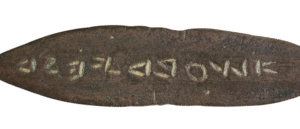Did you know the seeds of what we call artificial intelligence today were sown millennia ago? It is absolutely mind blowing that we can draw a straight line connecting ancient cultures to the algorithms reshaping our world right now. Who would have guessed that the Phoenicians, that relatively tiny group of traders, would lay some of the earliest foundations for AI as we now understand it? The long lasting connection between alphabet and AI is a story spanning thousands of years. It is an incredible example of human creativity.
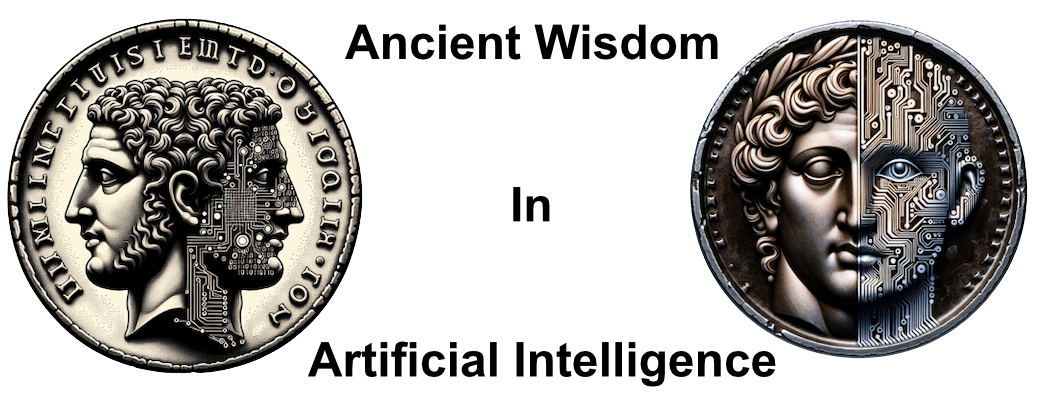
Many think AI is a totally new invention, a child of our digital present. However, we argue the Phoenician alphabet embodies a very early stab at cognitive enhancement. Driven by trade and a thirst for efficiency, these resourceful people came up with a system for externalizing thought. This symbolic system made rapid information storage, transmission and manipulation possible. That development supercharged knowledge and communication, clearing the way for computers and, ultimately, artificial intelligence.
Before the Phoenicians, writing was complicated. Picture Egyptian hieroglyphics, forcing scribes to memorize hundreds upon hundreds of symbols. This kept knowledge locked up, available only to a privileged few. The Phoenicians, living in what we now call Lebanon, needed a much better way to track their trade routes. Their solution? A stripped down alphabet containing only 22 letters, each representing a distinct sound. Simple, but brutally effective.

This streamlined system had huge effects. It made literacy far more accessible, which in turn fueled commerce and culture. The Phoenician Alphabet spread like wildfire across the Mediterranean, adopted by groups like the Greeks and Romans, who tweaked it to fit their own languages. The very alphabet I am using to write these words comes from that source, which made communication across vast distances a reality.
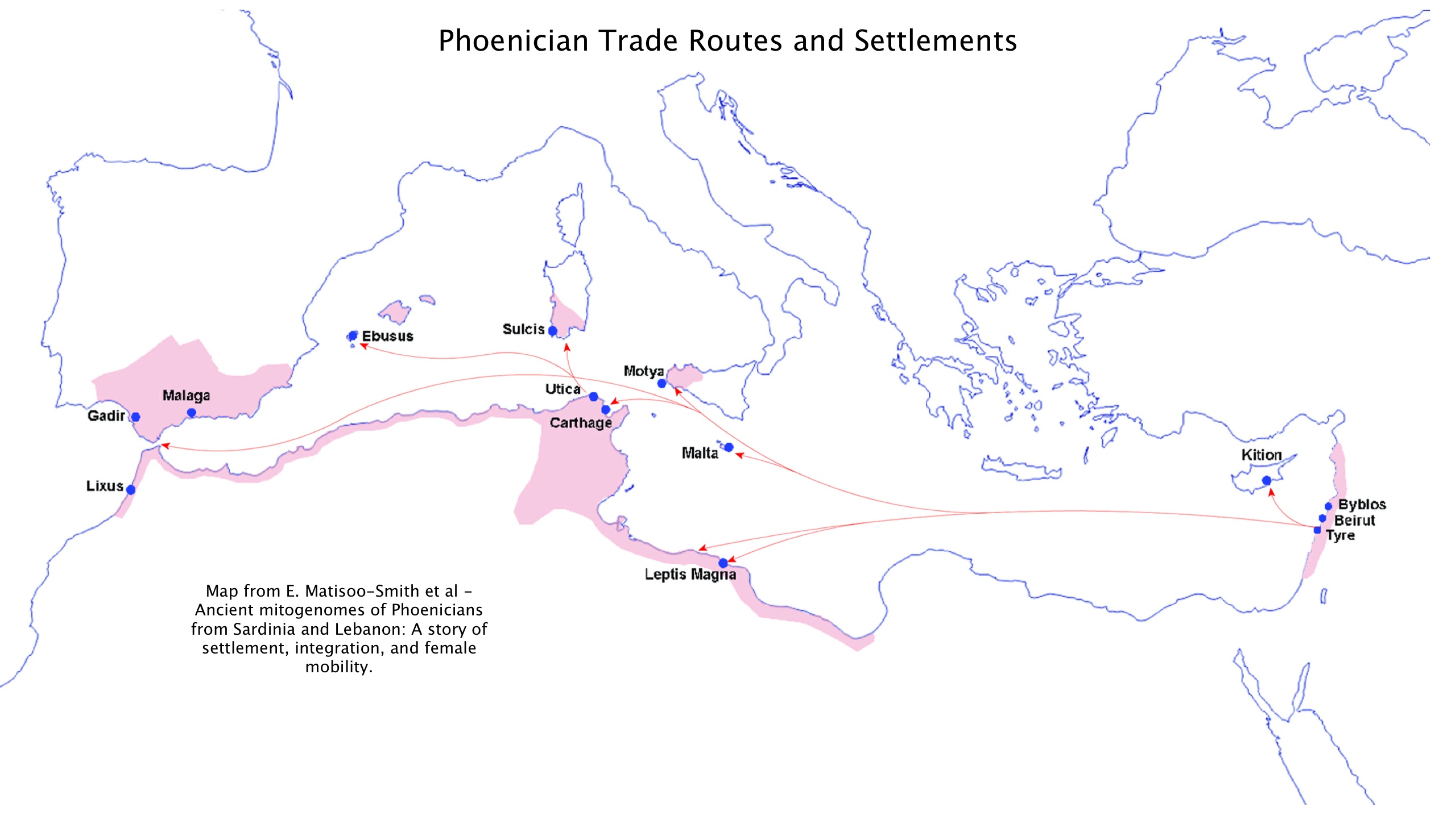
So, what is the actual link between this ancient writing system and modern AI? The answer comes down to shared core principles. The Phoenician Alphabet put in place a standardized system for processing information. Each letter serves as a symbol, combining to form words, sentences and complex ideas.
AI systems depend on structured information that computers can interpret and process. AI algorithms slice and dice data into manageable pieces, whether for recognizing images or processing language. These pieces are governed by rules, which lets the AI learn, reason and decide. This mirrors human language, where we break down thoughts into smaller bits.
The connection between alphabet and AI is rooted in abstraction. Abstraction lets us represent complex ideas in a simplified format. The Phoenicians achieved this by turning spoken language into written symbols. AI does it by converting complex data into mathematical representations. This shared strategy unlocks unprecedented information processing.
Standardization changes everything. The Phoenicians created a common set of symbols, which made communication across linguistic divides far easier. That sped up trade, diplomacy and the sharing of ideas. Standardized data formats and algorithms are essential for AI. They enable AI systems to work together, share findings and build on prior work. The ripple effects of the Phoenician Alphabet continue to be felt.
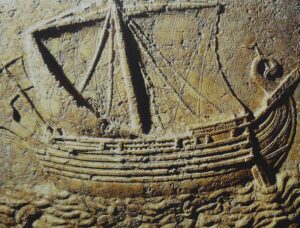
The vast body of knowledge that drives scientific advancement simply would not exist without the alphabet. Without standardized data formats, AI systems would be stranded, unable to learn from each other. The tie between the Phoenician Alphabet and AI boils down to standardization and abstraction.
The Phoenician Alphabet transformed human communication, and AI can reshape how we interact with information. AI tools can analyze massive datasets, spot patterns and generate insights beyond human capacity. These tools can translate languages, personalize marketing and even create art. The possibilities seem limitless, and advancements are happening incredibly fast.
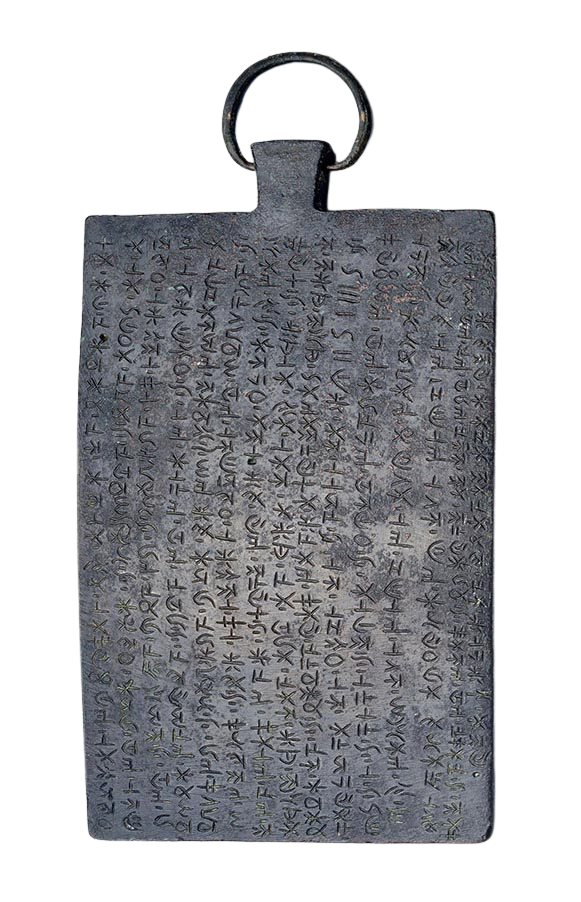
Phoenician civilization might be ancient history, but its legacy lives on in the letters we use and the code we write to build our digital world. The creation of the Phoenician Alphabet was a turning point, setting the stage for the information revolution that shapes our lives. As we advance artificial intelligence, it is important to think about the past and strive to create a future where technology empowers everyone. Considering this gives us a deeper appreciation of AI’s implications.
The alphabet democratized knowledge. AI has the potential to do the same for opportunity and information worldwide. By using AI responsibly and reducing its risks, we can unlock incredible opportunities. The journey from the Phoenician Alphabet to artificial intelligence showcases the incredible power of human innovation, a journey that is just getting started.
